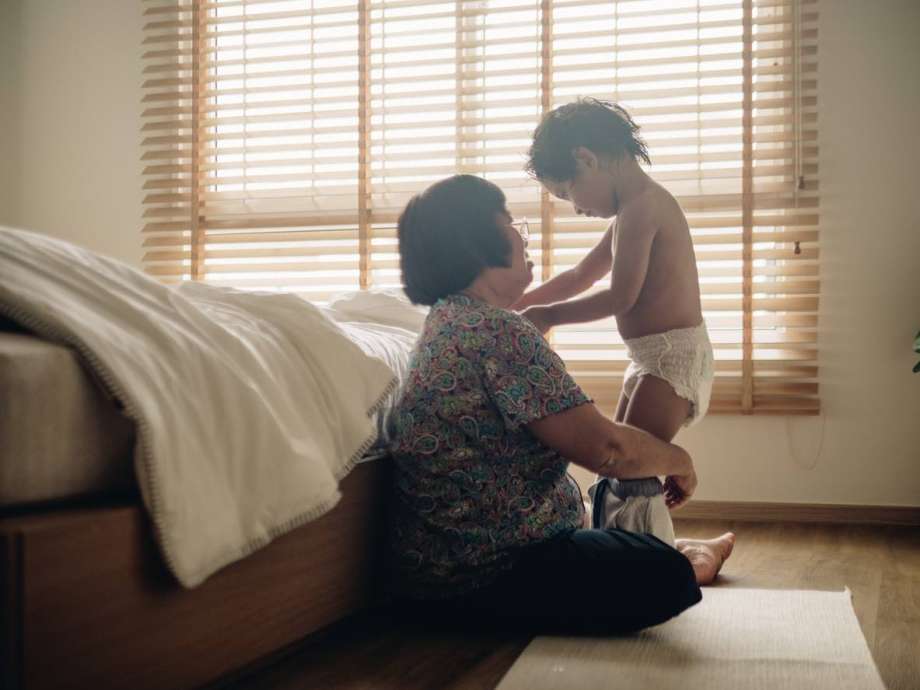Does Your Child Wet the Bed? How to Help Them Stop

Does Your Child Wet the Bed? How to Help Him Stop
If your child wets the bed, you know how frustrating it can be to change the sheets in the middle of the night, and soothe your frustrated and embarrassed child back to sleep. However, as much these nighttime disruptions may feel like nightmares, it is important for you and your child to remember that this is something he will learn to control eventually and will most likely outgrow.Bedwetting is a common problem and is usually the result of a delay or slowness in development. According to the National Institutes of Health (NIH), more than 5 million children in the U.S. wet the bed, and most stop by the time they are 5 or 6. In rare instances, it can continue longer than that, and may be due to an emotional cause, such as pressure to become potty trained, or a physical cause, such as an abnormal bladder or urinary infection. If you think there may be an underlying cause to your child's bedwetting, discuss your concerns with your pediatrician.
Although wetting the bed is often out of your little one's control, there are steps to take to help reduce accidents. The NIH recommends the following:
Another tip is to have your child perform bladder control exercises, such as stopping and starting the flow of urine when he is going to the bathroom, and contracting and relaxing the pelvic floor muscles throughout the day. This can be a very difficult exercise for a child, but it can help him strengthen and gain better control over his bladder muscles.
Remember, there is no certain cure for bedwetting, and it's a developmental issue, not an illness, that most children outgrow by kindergarten. Praise him if he makes it through the night without having an accident, but don't punish him or make a big deal if he doesn't. Keep your patience, and you'll soon be on your way to dry and tearless nights.